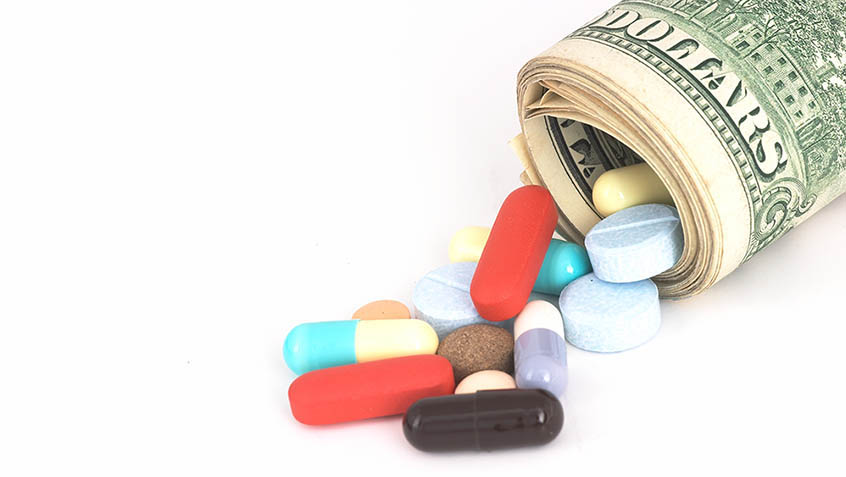Join Us Live for a Discussion on Medicare, Democracy, and the Future of Health Care
Medicare Rights Joins 90 Organizations Urging Senate to Pass Drug Pricing Reforms

This week, over 90 advocacy and other organizations sent a letter to U.S. Senators, urging them to pass the drug pricing reforms included in the House-passed Build Back Better (BBB) Act (HR 5376). These policies would allow Medicare to negotiate some drug prices, limit annual price increases on drugs to the rate of inflation, limit cost sharing for insulin, and restructure the Part D prescription drug program to cap out-of-pocket costs.
The Kaiser Family Foundation (KFF) recently looked at the potential effects of the BBB’s drug price negotiation proposal. As currently structured, it would be phased in and apply to a limited number of drugs. Beginning in 2025, Medicare would be allowed to negotiate prices for all insulin products and up to 10 other drugs, drawn from a list of the 50 drugs with the highest spending in Medicare Part D and Part B. The number of drugs subject to negotiation would increase each year, until reaching 20 in 2028. Since this provision would not be fully implemented until then—making it impossible to know exactly what drugs would be eligible for negotiation—KFF identified the drugs that would be if the law were in place in 2023 instead. Their analysis calculates a simulated effect based on that list.
KFF’s simulation found that the 20 negotiated drugs—selected based on eligibility and total gross spending—would include 18 Part D drugs and 2 Part B drugs, in addition to 42 insulin products. Many of the drugs are commonly used, with 3.2 million people using one of the covered insulin products, and 1.1 million people each using Xarelto and Symbicort, drugs that treat blood clots and chronic obstructive pulmonary disease (COPD). KFF estimates that 8.5 million people with Medicare use one or more of the drugs that would be eligible for negotiation.
Importantly, the structure of the BBB provisions would exempt some of the highest-cost drugs from negotiation. As KFF notes, drugs with generic or biosimilar competitors would be exempt, as would those that are relatively new to the market. It is also significantly scaled back: previous House-passed policies sought to allow negotiation for up to 250 drugs.
Nevertheless, the bill is a significant advancement. The Congressional Budget Office estimated that the provision would save Medicare $80 billion. At Medicare Rights we believe it’s important to begin making progress on drug pricing and, in combination with the other provisions of the BBB, some drug price negotiation would be a major step toward reining in prescription costs for people with Medicare. We urge Congress to prioritize these reforms for passage this year.
Show Comments
We welcome thoughtful, respectful discussion on our website. To maintain a safe and constructive environment, comments that include profanity or violent, threatening language will be hidden. We may ban commentors who repeatedly cross these guidelines.
Help Us Protect & Strengthen Medicare
Donate today and make a lasting impact
More than 67 million people rely on Medicare—but many still face barriers to the care they need. With your support, we provide free, unbiased help to people navigating Medicare and work across the country with federal and state advocates to protect Medicare’s future and address the needs of those it serves.
The Latest
Most Read
Add Medicare to Your Inbox
Sign up to receive Medicare news, policy developments, and other useful updates from the Medicare Rights.
View this profile on InstagramMedicare Rights Center (@medicarerights) • Instagram photos and videos









